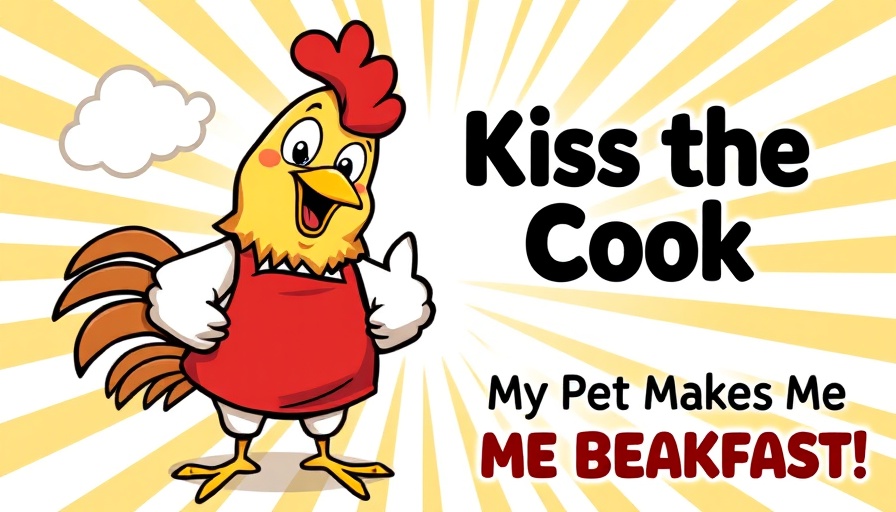
The Challenges of Introducing New Hens to a Rooster
Integrating new hens into an existing flock can be a complex process, especially when a rooster is involved. While roosters often assume the role of protector in the flock, their initial response to newcomers can be unpredictable. Some roosters may exhibit aggressive behavior, making the integration process challenging for both the hens and their human caretakers.
Understanding Rooster Aggression
Rooster aggression is influenced by various factors, including breed, age, and individual temperament. Breeds such as the Cornish Indian Game are known for their more aggressive tendencies due to their historical use in cockfighting. When a new hen is introduced, the rooster often views her as an intruder, which can trigger defensive or aggressive behavior.
As Dr. Emily Lawson notes in her analyses, it's important for chicken keepers to understand that aggression is not necessarily a reflection of poor husbandry. Hormonal changes, particularly during puberty, often exacerbate aggressive tendencies in roosters, which typically occur around four months of age. During this period, roosters may challenge both new hens and existing flock members.
Safe Integration Tactics for New Hens
Successful integration of new hens into an existing flock often involves careful planning. Some strategies include introducing hens at night, allowing them to stay separated while acclimating, or pairing them with a calm, lower-ranking hen initially. As highlighted in both reference articles, ensuring multiple feeding and watering stations can help alleviate competition and stress during the integration phase.
Experts suggest that monitoring the roosters' interactions with the new hens closely is critical. If aggressive behavior persists, it may be wise to separate the new hens until they can acclimatize to their new home without the pressure of an aggressive rooster.
When to Consider Rehoming
If your rooster’s aggression becomes a pressing issue that poses a risk to the well-being of your hens, it may be time to consider rehoming him. Finding a suitable new home where his protective instincts can flourish in a more suitable environment can prevent further stress and harm to both the rooster and the flock.
By understanding the dynamics of rooster behavior and employing careful integration strategies, chicken keepers can create a harmonious environment for their hens and ensure peace within the flock.
 Add Row
Add Row  Add
Add 


Write A Comment